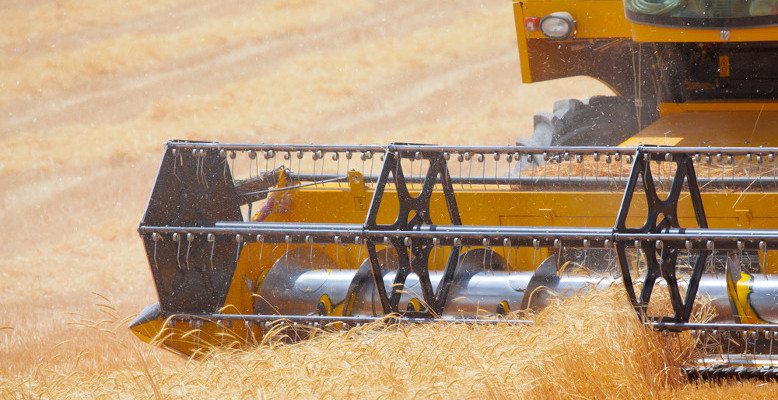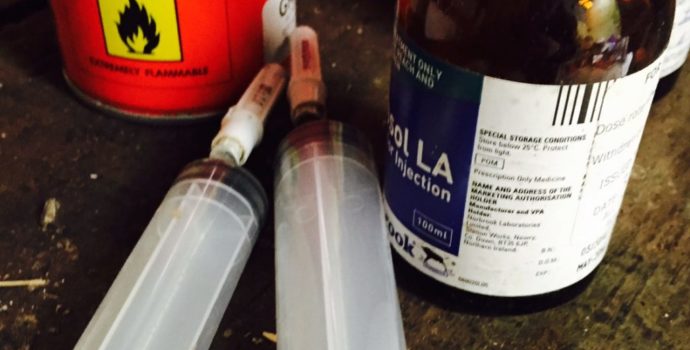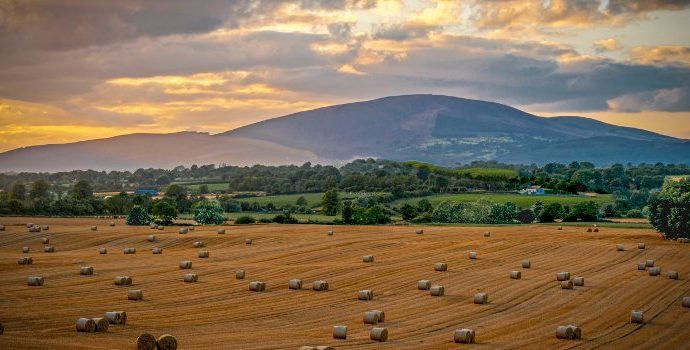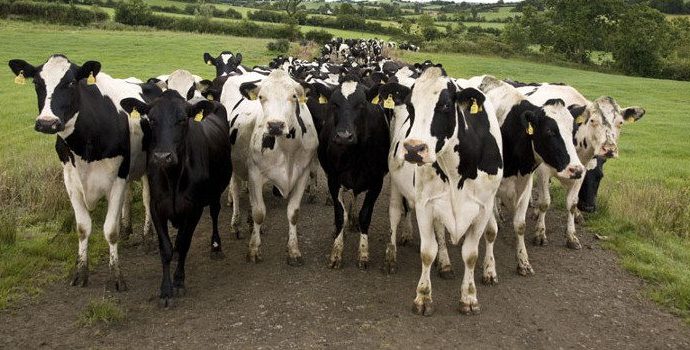Minister Must Address Serious Crisis on Tillage Farms

IFA President Joe Healy has welcomed Minister for Agriculture Michael Creed’s announcement that he is act on IFA’s call to convene a forum of tillage stakeholders.
Joe Healy said the forum is an opportunity for key stakeholders to devise a plan and take actions that will address the serious and deepening income crisis in the tillage farming sector.
“Harvest 2016 is proving to be another very financially challenging year for the majority of growers as it is the fourth consecutive year of low prices. Difficult harvest weather, reduced yields and crop losses have further compounded the income situation, knocking an estimated €100m off growers’ bottom line,” Joe Healy said.
Across the country, 10% of the harvest remains to be cut. The worst affected areas of the country are the North West, West, North West midlands, South West and coastal areas in East Cork right down into West Cork. In Donegal, 55% to 60% of the cereal harvest remains to be cut. Ground conditions have deteriorated rapidly and some fields may not be harvested this stage. In Galway and Roscommon, 30% to 35% remains to be cut with a similar situation in Kerry and across into West Cork.
Joe Healy said with another wet week coming, some growers are facing a complete or partial write-off of this year’s crop, which means financial disaster.
“Poor yields and prices combined with convergence in Greening and Basic Payments, high input and working capital costs have led to a dire situation for grain farmers. Without political intervention, Ireland’s tillage sector is in imminent danger of collapse, with major implications for the entire livestock sector and our world-renowned drinks industry.”
IFA has identified the following issues as crucial to the survival of the tillage sector:
- Recognition of the tillage crisis and the introduction of a specific aid package for the sector;
- Development of an Irish grain certification scheme:
o to maximise the use of native grain and proteins in Irish livestock rations in support of Irish growers; and
o to ensure that harmful weed seeds such as blackgrass and sterile brome etc. are not inadvertently imported into the country; - Abolition of tariffs and anti-dumping duties on fertiliser imports as fertiliser costs have increased significantly over the last decade;
- Review by the EU Competition Authority of the cost of plant protection products which are priced significantly lower to growers in other regions across the world;
- Priority access to low-cost working capital similar to their EU counterparts;
- Increased GLAS payments;
- Increased funding to allow for the expansion of the protein crop area eligible to receive the full coupled payment;
- Immediate roll out of the TAMS investment programme; and a
- Reduction in the burden of compliance for Greening.
The IFA President warned, “The Irish cereal sector is in danger of falling into terminal decline unless immediate and decisive action is taken to reverse the dramatic fall in incomes. Since 2012, the Irish cereal area has fallen by over 100,000ac and this trend will accelerate unless there is a dramatic turnaround in fortunes for grain growers.”




